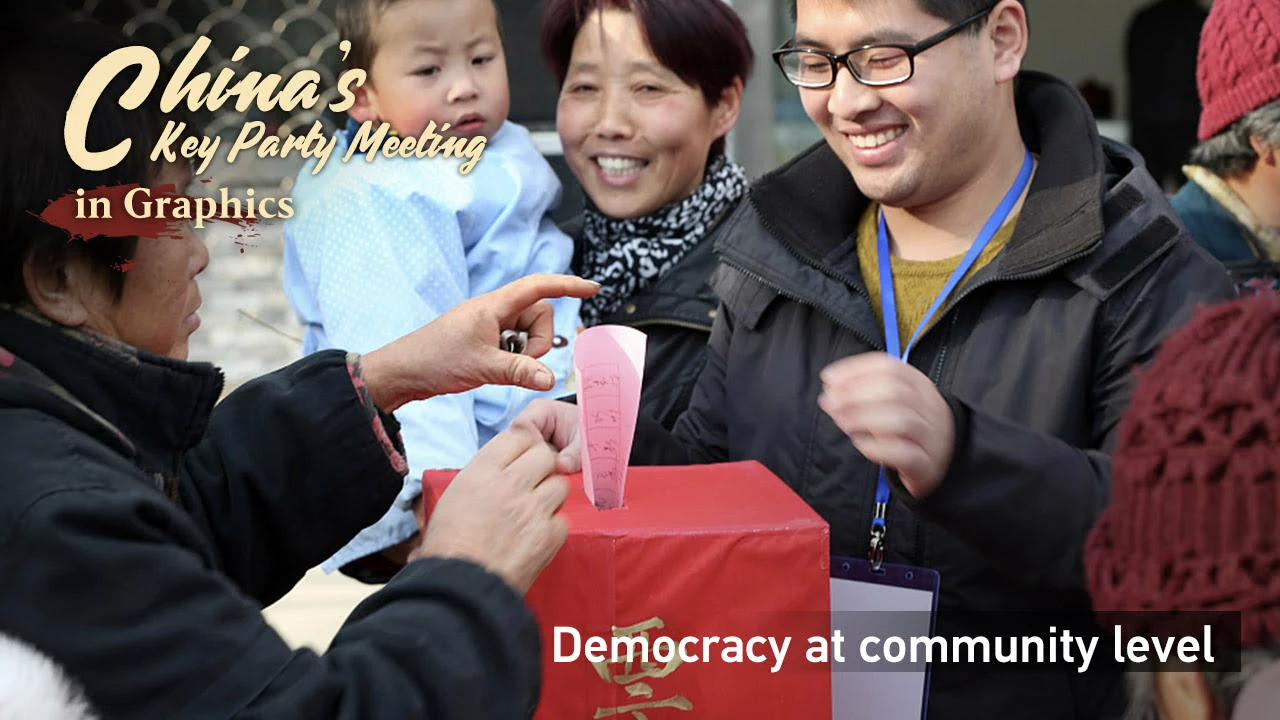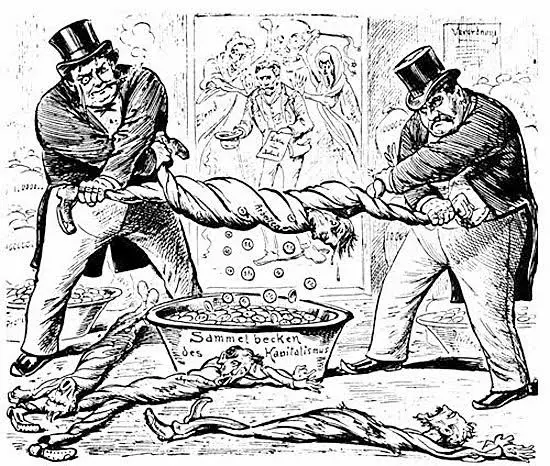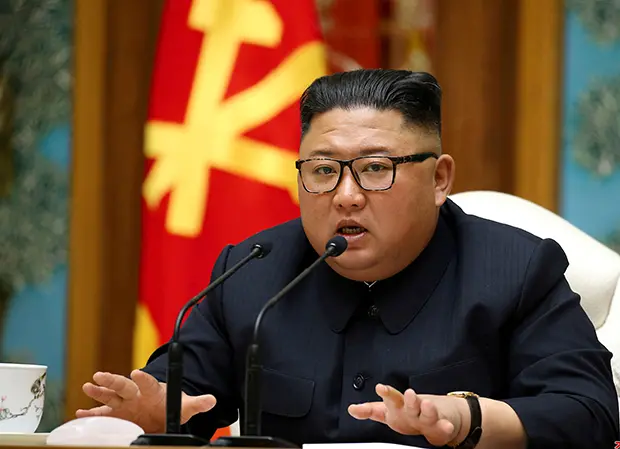There are two aspects to this comment: one, what is democracy, the other, is how is it different from populism?
I’ll provide examples of both; you can form your own opinion and see whether you agree with me. If it’s different, that’s no problem, we can discuss in the comments and I will be receptive to learn something new.
First, let’s look at some definitions of democracy: one is “government by the people.” That’s the obvious one but it’s a little difficult to obtain because what happens when more than one person wants to be the leader? That’s where the second definition comes in: a government, in which the supreme power is vested in the people and exercised by them directly or indirectly through a system of representation usually involving regularly scheduled free elections.
I’m guessing this is the better definition and it’s exactly what seems to happen in the USA, UK, Canada, Australia and several other countries, right?
Wrong, it’s not what happens in any of those countries. The problem is with the wording “Power is vested in the people” Let me give you some examples of how that’s not true at all, the people have no power: in Canada recently, when the people protested, the government imposed new rules, seized their bank accounts made mass arrests and issued thousands of infringement notices — these weren’t small numbers of people who were protesting, these were massive numbers of people who haven’t been listened to. On paper, they have power vested in them by the Constitution but the electoral system takes it away with something called “first past the post”
This means that a Canadian MP can be elected with a small number of votes, just by having more than the other candidates, Justin Trudeau’s party are in power in Canada at the moment having achieved less than one third of the votes. In 1867, that also happened with John MacDonald’s Labour Party taking power with 34.7% of the votes then, for Trudeau it was only 33% of the votes — that’s not the power vested in the people, it means 67% of the people who voted are not getting the representation they wanted.
The UK is even worse. Who voted for Rishi Sunak to be Prime Minister? The answer is 202 people. His hugely unpopular predecessor, Liz Truss did marginally better she received 81,236 votes to become leader, a job she held for 6 weeks. The Independent Newspaper held a poll in which 425,000 people voted for a General Election to nominate a new Leader after Boris Johnson had let them down so badly. That call was ignored. Even worse, a YouGov poll found that 63% of people didn’t want Rishi Sunak as their PM, they wanted a general election instead they got a leadership election. They won’t get their wish until January 2025, by which time, their unelected leader could have damaged the future of Britain’s economy beyond repair. Once again, an example of the power, not being vested in the people.
In Australia a very strange system of preferences stops the people getting their choice, they say it’s a good system but I disagree. First, there’s a law that says everyone on the voter’s register must vote, so it’s compulsory. In a democracy, isn’t the first option a choice? You don’t get that in Australia you, vote or get fined.
Secondly, if a candidate doesn’t get 50% of the vote, they don’t get to go to parliament until preferences have been counted and, if you vote, you might have 15 candidates in your electorate, you need to vote for all 15 of them in order of preference listed number 1 to number 15; if you don’t, your vote won’t count. If you do and your first choice only gets 45% of the vote, but your second choice had 40% of the vote, if more people voted for that person as their second choice, that’s the person who wins the election. Once again, the power vested in you to choose your representative, has been taken away by a system of choice.
The USA has a very complicated system of primaries, caucuses, electoral colleges and the popular vote isn’t necessarily the one that gets in, it will depend on the electoral college — I’m not going to go too deep into it here. It would be far too long but the Irish Journal, did a very good analysis of it and I’ve linked it here. What really is surprising, according to a team of researchers, a president can win election based on 27% of the popular vote. It doesn’t happen often but Hilary Clinton did beat Donald Trump, Al Gore did beat George W Bush and neither of them went on to become president, despite winning the popular vote. Once again, the system prevented the power vested in the people being properly exercised.
Then we come to the old issue of term limits. This was recently big because people outside of China, who know nothing about how Xi Jinping got elected to the top job, all seem to think he’s made himself president for life. Why is he different from Margaret Thatcher, who was Prime Minister for almost 12 years or Robert Walpole who served for almost 21 years?
So, if Britain, the home of the “Westminster system of democracy” doesn’t have, or need term limits, why does anyone else need them? Japan, one of China’s neighbors doesn’t have term limits, the US Senate, Congress and even the office of vice president, don’t have term limits. For the record, neither do Australia, Canada nor New Zealand nor dozens of other countries around the world; what’s the big deal when China decides it doesn’t need them?
From an earlier video I made, I’ve shown how Chinese government leaders need to face both selection and election processes. It isn’t easy, they need to be qualified, experienced and have a proven track record before they can move on and this might account for why China has done so well in economic growth, educational growth, science and technology innovation as well as infrastructure and lifestyle improvements. Because the leaders are answerable not just to the people they represent, they are answerable to the peers they work with, the subordinates they lead and the supervisors that they aspire to replace.
US government leaders, on the other hand, they need money. The cost of getting elected isn’t really known. Even the National Conference of State Legislators can’t pin down the real cost but the last few elections have all gone over 5 billion and the next one will probably be 10 billion. They need popular support and they buy that support by paying for advertising and promotions on various media platforms. Where do they get the money? They get it from donors. Some of them are small, grass roots donors, others are larger, corporate sponsors.
Ask yourself this: if a donor gives me $5 a month from their hard-earned income will I represent that donor as much as the lobbyist who gave me 10,000 last month and has promised the same amount next month and the month after, as long as I continue to provide them with the outcomes they desire?
Ask yourself again: if that donor is giving me and my opposition in the lead up to an election 10,000 dollars, what is the motivation? It clearly isn’t about my politics, it’s about getting my attention.
There is an accountability page and donation tracker, the number of corporate donors who donate to both parties is very large. Are these corporations helping politicians to help the people or are they helping politicians to help themselves? Are they diluting, or even removing the power vested in the people? I think so, you have to decide for yourself.
Finally, I come to the part that caused me to start this train of thought: has populism taken over democracy?
I’m an Australian, I want to see Australia doing well, I work hard to popularize Australia and Australian products but I live in China. Australian media won’t talk to me, or, if they do, it’s to denigrate me, I’ll make a video about that soon.
Without naming names, I was shocked last year when an academic I know spoke out on China. This academic did not at any time say there was no genocide in Xinjiang, or there were no human rights abuses going on but did say that the evidence linked to it was not clear and had many flaws, it needs further investigation before real opinions should be formed.
A massive outpouring of anger on social media, complaints to the university and the academic was suddenly removed from a post which had been held for several years, and was forced to take a long service leave. and employed again later at a lower role.
This wasn’t for being supportive of China but for asking that the information accusing China be subject to a valid verification process, which to this day, it still has not been.
When was the last time we saw a politician say something positive about China? Everything they might say as positive has to be tempered with some degree of “but”. This isn’t confined to Australia but is endemic throughout the group of countries that call themselves democracies and also refer to themselves the international community.

How does it happen? It happens because media, opposition and think tanks are all being paid to make people think like this. If you really think about it, when was the last time you heard a Chinese politician actually say anything aggressive — everything they say is defensive, it’s responsive and everything they seem to do is in response to an act of aggression against China.
Many people will argue this fact because they’ve read headlines suggesting China is aggressive, but the truth is, read any news, watch any media coming out of China, get it translated by google, or some Chinese speaker you trust and not by a media outlet. I promise you, the interpretation will be different to the one that you’ve read in the media.
Media has created a world in which people think of China as aggressive or think of China as their enemy and consequently, anyone who speaks up against what they’ve read, seen and believed, must, by virtue of thinking differently, be paid for by the CPC, Chinese media or some other form of underhanded sinister system designed to undermine a democracy which seems to be fairly clear, no longer exists. The power vested in the people has been wrenched away and replaced by something they call democracy which actually provides none of the benefits of democracy and all of the attributes of authoritarianism.
So, let’s ask, are Chinese officials selected or elected? One thing I’m constantly asked about is whether China has good governance and I usually answer this with another question: is China’s system based on mediocrity, or meritocracy?
Mediocrity is ok when times are good but when things get tough what would we see? Mediocre leaders make decisions based on popularity and not efficiency. They’d answer to the wishes of their donors rather than the people they represent. Poor decisions bring about unemployment, high crime, rising poverty rates, declining health and increasing dissatisfaction.
China has managed to avoid these things. At a time when other countries are entering recessions, with rising poverty and crime rates, with living standards and life expectancy declining, how is it possible for China to be growing in health and wealth, in education and economy as well as infrastructure and improved living conditions?
The only answer is good governance. I’ve had the good fortune to meet several leaders, including provincial governors, city mayors and, quite recently, the mayor of an autonomous prefecture. Let me tell you a little about this person: She grew up in poverty carrying her baby sister to school in a basket on her back because her parents were working.
Under the leadership of the CPC, she gained her first bachelor’s degree in literature and then a master’s in management. She entered the Communist Party and studied other subjects: business; engineering; civics.
Nowadays, she’s in charge of a region, that consists of 8 counties which includes scores of highly-rated tourist attractions; the regional tourism income is over 50 billion RMB and, she is herself, an ethnic minority. She didn’t get to this position by direct elections such as in the USA. Some people think that’s wrong but when we look at most other Western countries, leaders may be elected but their roles are mostly ceremonial or signatory. The people really managing government departments there aren’t elected officials; they’re public servants.
What this Mayor went through was a selection process with public support into an election by people’s representatives. In other words, ordinary people vote for who they want to represent them and those people vote for who they want to be their leaders. They voted for the mayor because she had the skills they needed and the experience they wanted.
She gained their trust by demonstrating those abilities as well as her knowledge and experience, built up over many years of efficient governance in lesser roles
She explained it like this: With CPC guidance, when she wants to apply for a position, she’ll be assessed by Party organizations, and there will be a series of interviews to which her subordinates, peers and supervisors will all contribute.
Supervision is important. Every year, each leader reports on what they’ve achieved. They provide information on plans for what they will achieve in the coming period to meet local goals under the Central Government’s 5-year plan.
So, to become a CPC leader, it’s not just about democracy, it’s about a whole lot more. People who work with the aspirant need to pass her first. And finally, if she’s also proven that she’s effective as a manager she can go through for selection to the next role. A combination of local voting, wide experience and proven managerial efficiency are the only ways to get ahead in Chinese governance.
China doesn’t really have what some countries call politicians where anyone who’s popular can win votes. China has professionals; academically qualified, with management experience and a proven track record. They are politically savvy; they need to be, but they must also be efficient and popular; remember, they serve people, not donors.
In America, we’ve seen how a popular TV personality with no experience in governance became a president; we’ve watched as prime ministers with backgrounds in marketing or journalism are elected by their parties, not by the people and without having the experience to handle the role. Mediocrity can win elections but not in China.
Having a large budget can create popularity but in no way can it provide what years of grassroots work in the CPC gives to a candidate. In the US, a presidential election cost billions of dollars which could be much better spent. Is this how democracy works?
Every senior leader of the CPC has been strictly supervised through a rigorous process of education, selection plus election, approval, endorsement and further education before ascendency to the higher levels. They have the support of the grassroots, they have the support of their peers and, when they reach the top, they have the support of the country.
Only through hard work, extensive study, a dual process of election and selection is it possible to reach that level in China’s governance.
So, does China have good governance and do I support the CPC?
The simple answer is yes, I’ve seen the results. China puts the right people in the right places for the right job. But don’t ask me; ask 1.4 billion Chinese citizens, I’m quite sure they’ll agree.
Cover Image Credit: CGTN






